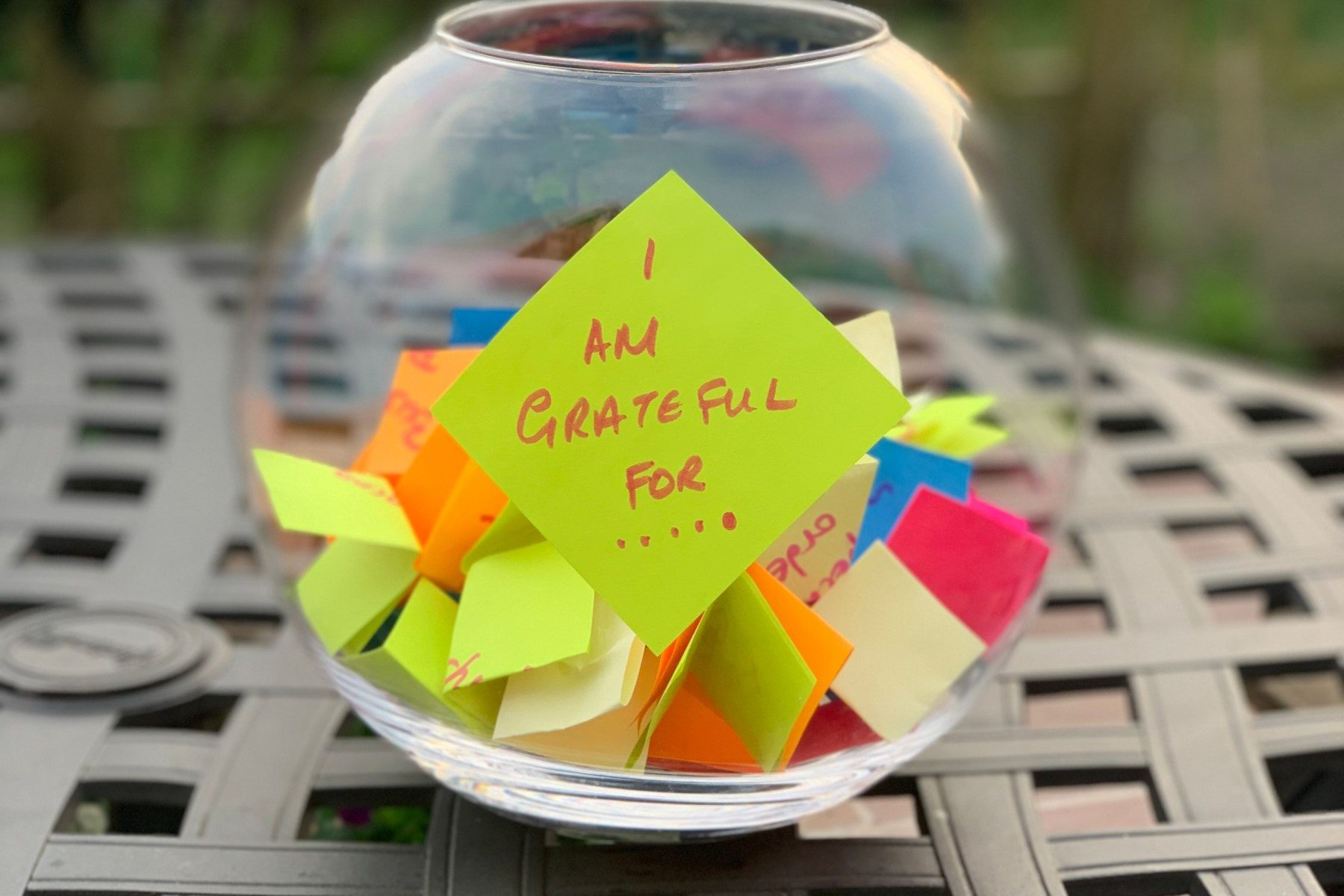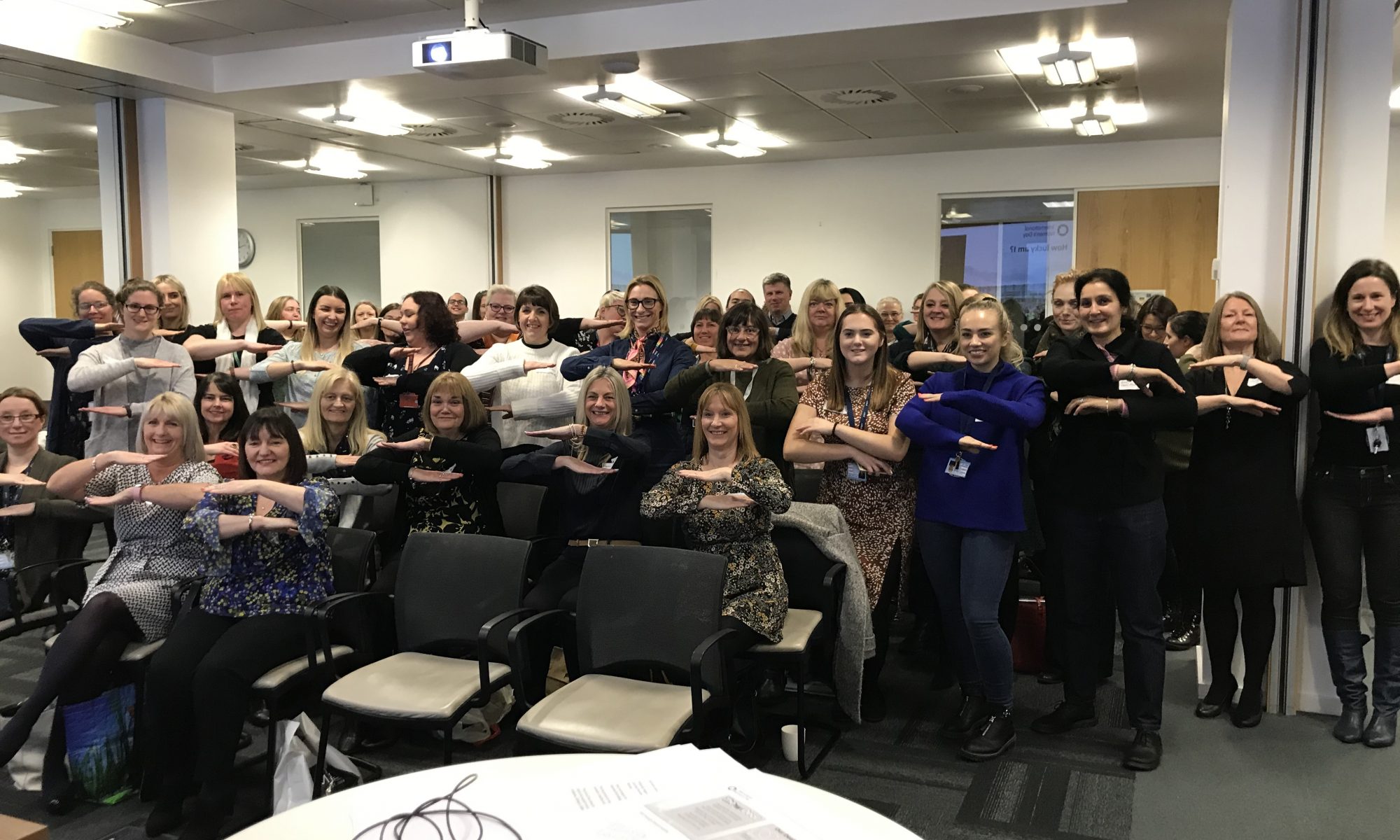“People who have meaning and purpose in their lives are happier, feel more in control and get more out of what they do. They also experience less stress, anxiety and depression” Action for Happiness.
We may find meaning and purpose in different ways, meaning is something that’s individual for example some people may find it through being a parent or their faith, others may find it through their jobs. It’s about being connected to something bigger than ourselves. It’s a vital component of happiness and wellbeing according to Professor Martin Seligman who is the founder of Positive Psychology.
So how do we find our meaning?
One way is to think about which activities, people and beliefs bring us the strongest sense of purpose and passion and then prioritise these things. Sometimes it takes a new stage in our life such as becoming a parent or something that disrupts life such as trauma to think about what’s important. It’s never too soon or late to start putting the really important things first.
How did I find my meaning?
As you may or may not know from my previous blogs it took a period in my life when I suffered with poor mental health to really take time to think about what was important to me. My job gave me purpose and meaning, and it also defined me as a person. I will never forget about 5 years before I had a breakdown which resulted in me resigning from my job speaking to a really wise and caring person who I was working with on a consultancy basis.
She drew two circles on a piece of paper one represented me, and one represented my job.
She asked me to draw how much they overlap, and I completely overlaid the circles on top of one another. I didn’t realise until this point how important my job was to me in giving me purpose and meaning and it wasn’t until I resigned that I felt the full force of losing that purpose and meaning. I felt absolutely lost as a person, I didn’t know who I was, I lost my identity and so I hid away as I didn’t want to engage with people around me because I felt they would no longer love and respect me because I wasn’t Lou anymore. I soon developed depression and after around 6 /9 months I finally realised that I needed to find new meaning and purpose in my life and that the amount of meaning I had placed on my job to the detriment to other parts of my life hadn’t actually made me happy!
The road to recovery and discovery
Whilst I came to accept that work will always and does continue to provide a huge amount of meaning for me it no longer defines me. My meaning and purpose now also comes from relationships with my close family and friends which have strengthened as a result, exercise which is fundamental to me and my mental health and wellbeing and nature, although I have always loved walking and gardening I never really noticed the wider world around me and the beauty it holds. Linking back to one of my previous blogs in this series around emotions, I mentioned my mum always says try to see the positives in everything and my breakdown forced me to re-evaluate my purpose which I can now see as a positive. Even though I am still on my recovery journey the acceptance of this and finding new meaning has in a lot of ways made me a more grounded, grateful and happier person.
If we can find our true purpose it can fundamentally change our lives for the better. Action for Happiness provides some information on a simple way to articulate your life’s purpose developed by Neil Croft a coach, consultant and author. The steps include asking yourself:
- What are your talents – 5-8 things you are good at that come naturally to you?
- What are you passionate about – 5-8 things you love to experience, talk about or do?
- What would you like to change in the world – the purpose is more meaningful if it contributes to wider social benefit or greater good so 5-8 things that anger you about how society operates?
Then
- Combine your answers to articulate your positive purpose – combine talents, passion and anger in a positive way
- Think and talk about your purpose – think about and discuss your purpose with others, reflect on, is it how you are living now?
I realise now in hindsight that undertook this process unconsciously. It has led me to re-train in wellbeing and mental health as well as providing support and awareness to others in this area. Because it plays to my strengths connecting with people, I am passionate about mental health and wellbeing after my breakdown, it angers me that there is still stigma and discrimination against people who experience mental health issues, I talked about moving into this area with family and friends and have never looked back. If I were to articulate my purpose now it would be to use my experience and knowledge to look after my mental health and wellbeing and raise awareness and support others in how to look after theirs.






